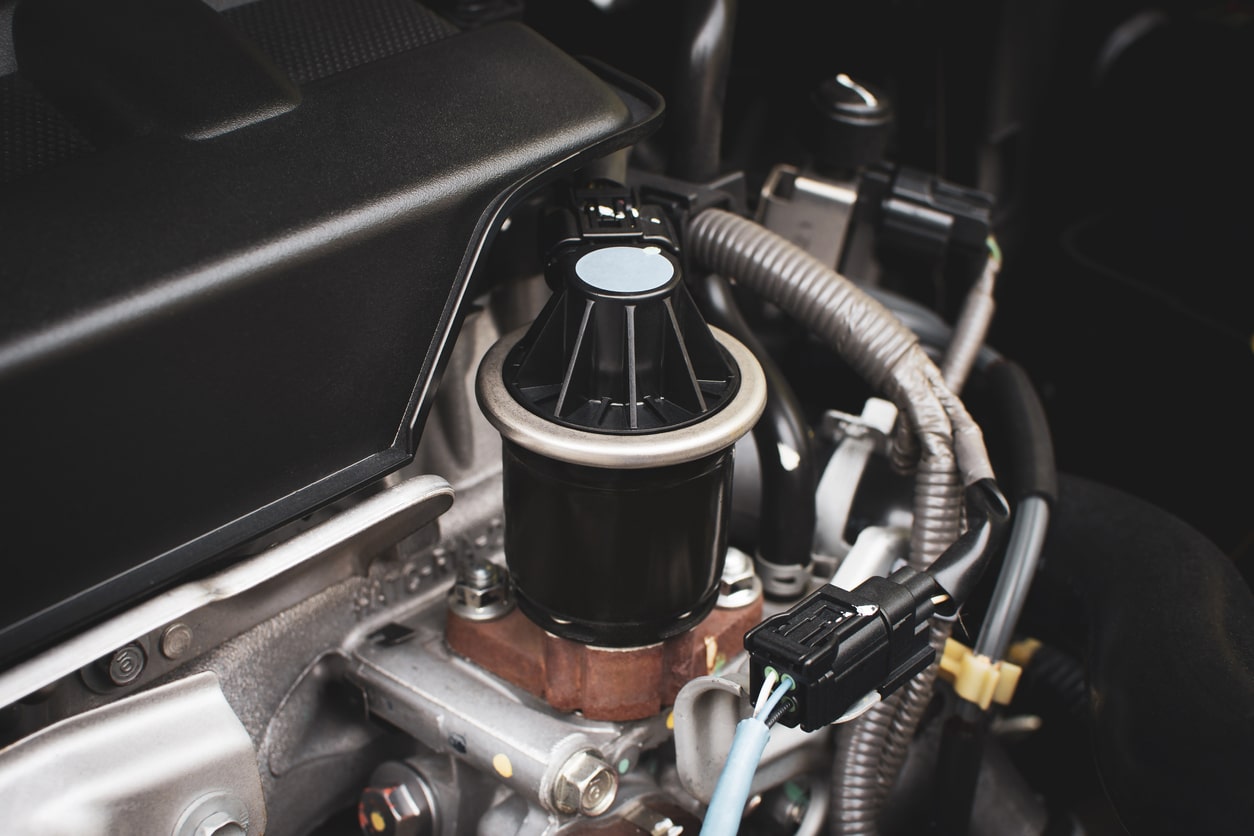
The Holts Blog
Buckle up and get ready to dive into the fast lane of automotive expertise with the Holts Blog. Here, you'll find a treasure trove of insider tips, industry insights, and captivating content to fuel your passion for all things cars and maintenance.

Categories

How to Tell if Your Clutch is Failing and What to Do Next
Read blog
How to Inflate Car Tyres
Read blog
What is ESP & How to Fix an ESP Fault
Read blog
How to Drive Safely in the Dark
Read blog
School Run Habits & Pet Peeves: Revealed
Read blog
Holts’ Spooktacular Halloween Road Trip: Are You Brave Enough?
Read blog
How to clean an EGR valve
Read blog
Why is My Car Battery Draining So Quickly?
Read blog
What is an Exhaust Resonator?
Read blog